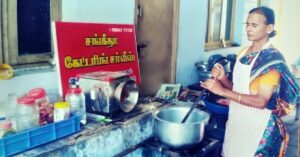A Mobile Based Intervention That Saved Suraiya from Sex Trafficking & Masuda from Child Labour
Millions of girls in India become victims of domestic violence, sexual abuse, trafficking, and child labour every year. West Bengal is one such state where girls are at high risk for trafficking and other abuse. GPower, a mobile-based intervention in 20 villages of the state, is identifying the girls in need of help and providing them with much needed and timely support based on their level of vulnerability.
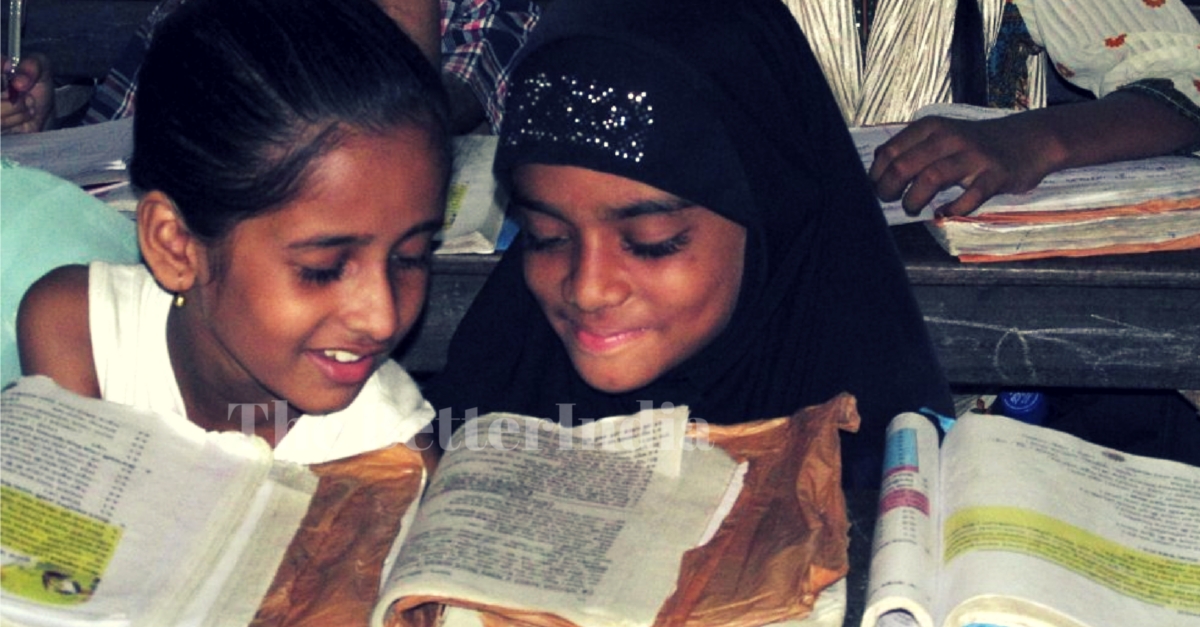
Millions of girls in India become victims of domestic violence, sexual abuse, trafficking, and child labour every year. West Bengal is one such state where girls are at high risk for trafficking and other abuse. Read how GPower, a mobile-based intervention in 20 villages of the state, is identifying the girls in need of help and providing them with much needed and timely support based on their level of vulnerability.
According to the Child in Need Institute (CINI) based in Kolkatta, 47 percent of Indian girls get married before the age of 18, 22 percent girls give birth before they turn 18 in India, and 1 child goes missing every three seconds in West Bengal. Most of the latter cases end up in sex-trafficking.
Girls in rural parts of the country are at higher risk for all these problems because lack of education and opportunities make them extremely vulnerable.
This is where CINI’s mobile-based program GPower comes into the picture.
Established in 1974, CINI works for the integrated development and empowerment of poor people, especially women and children. This organisation launched GPower in 2014, to help adolescent girls at high risk for violence, abuse, trafficking, child labour and other societal ills.
GPower, which works like a mobile-based data collecting and analysing tool, aims at identifying the vulnerabilities of adolescent girls in rural areas on issues such as early marriage, health, nutrition, education, trafficking, child labour, and much more, on a real time basis. The technology has been developed in association with Accenture.
“We focus on adolescent girls because about 25 percent of India’s population falls into the age group 10-19. They will shape the future of our nation,” says the GPower team.
GPower uses the power of mobile and cloud technologies to track the condition of these girls and provides real time analysis to spot trends and take corrective measures in a timely, dynamic manner.
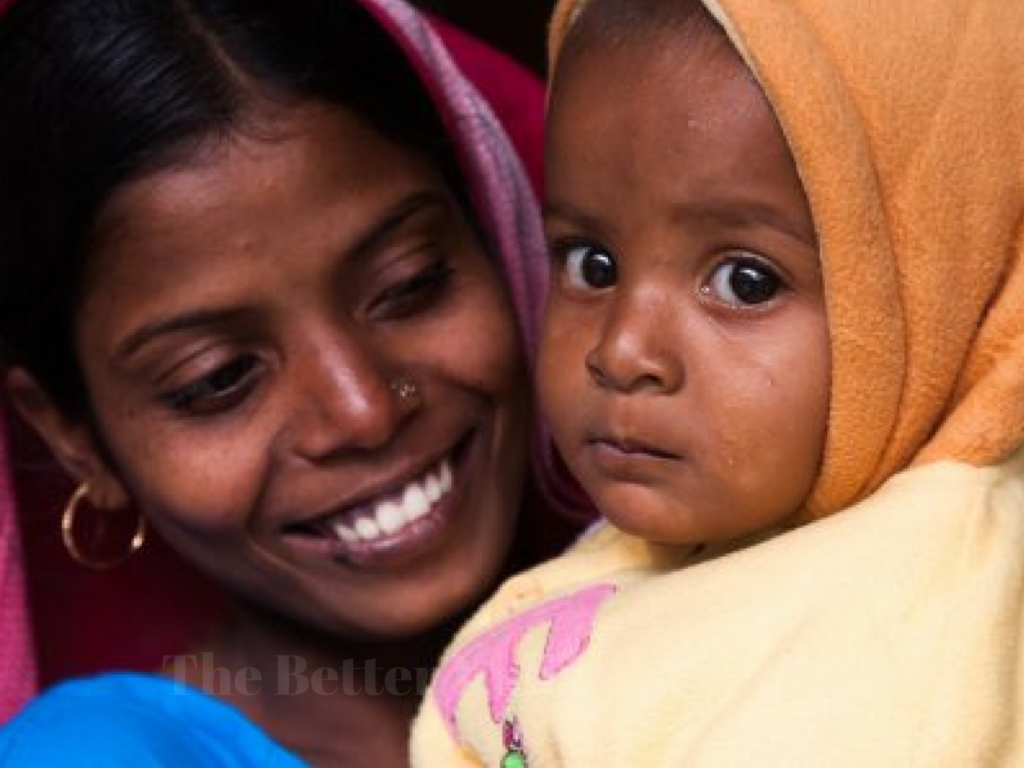
GPower works through on-the-ground Community Facilitators (CF), who collect data by going door-to-door and asking a set of questions to families and girls. Their answers help identify the vulnerability levels of the adolescent girls.
The questions cover various topics like whether a girl goes to school, is she physically fit, is she working as a child labourer, what the family environment is like, is she exposed to abuse in the family or outside, and many more. There are about 30 such indicators to identify the actual condition of a girl, and the type of intervention required is decided based on this data.
“NGOs and other organisations will provide support only when they are aware of the issue. It is very important to track the needs of the girls on time. And the extensive questionnaire and indicators help us understand this,” says Indrani Bhattacharya, Assistant Director, CINI.
The CFs collect all this data on Android tablets and then transfer the same to a remote centralized server through a cloud-based process. This data is then used for real-time problem monitoring and for better insights into the development effort.
The organisation then provides necessary intervention to the vulnerable girls and helps them lead better lives.
Masuda*, from Cheora village of West Bengal, is one such girl who has benefitted from GPower. She was only 12 years old when her parents sent her to work as a domestic help to a family residing in Andul in Howrah district.
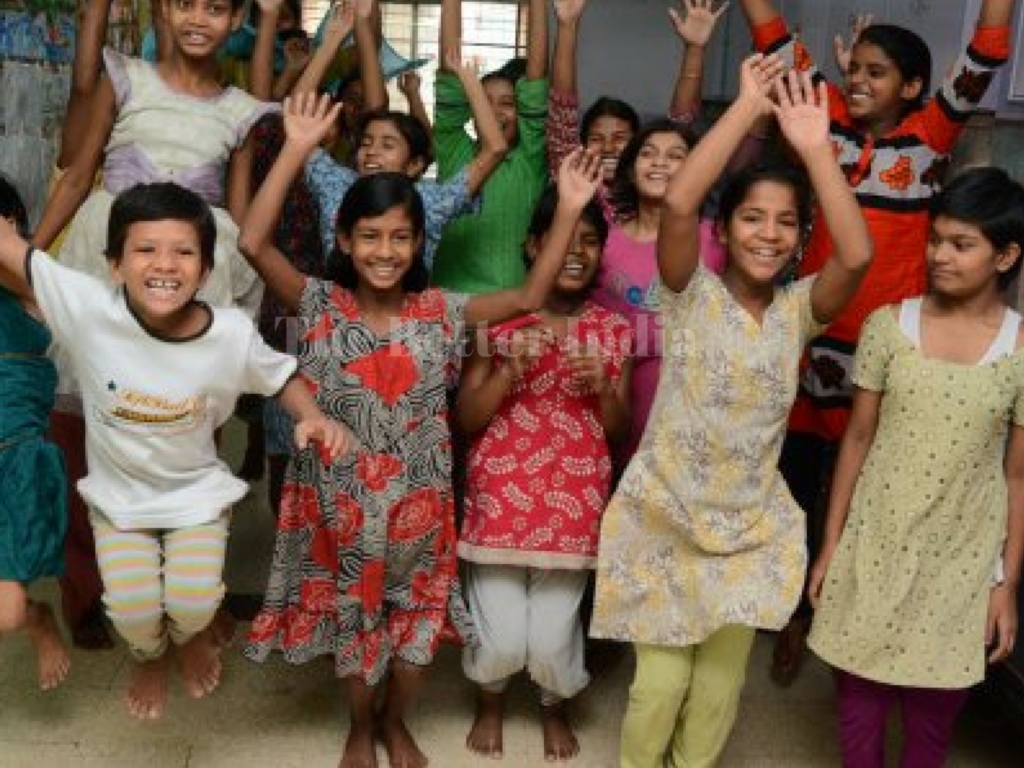
During a baseline survey by GPower, a CF visited her house to register her sister and came to know about Masuda. Her parents said she was staying with her aunt and studying in a school in Kolkata. The CF was not satisfied by the family’s response and kept an eye on them. She again contacted them when Masuda came home to celebrate Eid.
On talking to Masuda, the CF learnt that she had been beaten frequently in Andul and was often not given food for days. The CF talked to Masuda’s parents about the ill effects of child labour but they didn’t listen to her and sent Masuda back to work.
But the CF still did not give up and kept counselling the parents. When Masuda came back again after a week, the CF managed to convince her parents to not send Masuda back to work and even enrol her in school. Masuda now goes to school regularly and is an active member of the adolescent group under GPower.
Masuda is just one example of hundreds of girl who have benefitted from the GPower initiative. The organisation conducted a baseline survey of about 3,000 girls. Out of these, about 290 girls were identified as ‘most vulnerable’ and 990 girls as ‘moderately vulnerable.’
“We were able to help her because we kept a close eye on the family. This was all possible because we did a baseline survey. Otherwise, we would have never found out that there is a girl far from home who is in need,” says Indrani.
GPower’s timely interventions have prevented 15 child marriages among moderately vulnerable girls. In fact, no child marriage case has been reported among the 290 most vulnerable girls as a result of regular checks.

In addition, 26 girls who had dropped out of school have been re-admitted into formal schools. And 5 cases of missing children have been resolved.
This was all possible because the issues faced by the girls were identified in time and resolved before it was too late.
Sixteen-year-old Suraiya* from Morigachi village of West Bengal is yet another girl who was helped by GPower. At such a vulnerable age, Suraiya became a victim of human trafficking. In November 2014, Suraiya started getting calls from an unknown number and gradually became friends with the male caller. Within a week, the man had proposed marriage to her and asked her to elope with him. Suraiya, who was not old and wise enough to understand the man’s real intentions, ran away from her house with someone she had never met before.
The man took her to Mumbai. Suraiya then overheard a few people discussing the issue of human trafficking and how many men were seducing young girls in the name of love and marriage. This scared her and when left alone for some time she shared her story with a family who contacted CHILDLINE India Foundation (CIF). In the meantime, Suraiya’s family had contacted CINI, who helped them lodge a police complaint and contacted CIF to track Suraiya. Thanks to the timely intervention, she safely returned to her house in two weeks.
“There are many cases like this where we were able to take the right actions before it was too late,” says Indrani.
Apart from direct intervention, GPower also provides counselling, vocational training, and coaching to many girls. The organization has started two learning centres where school dropouts can continue their studies.
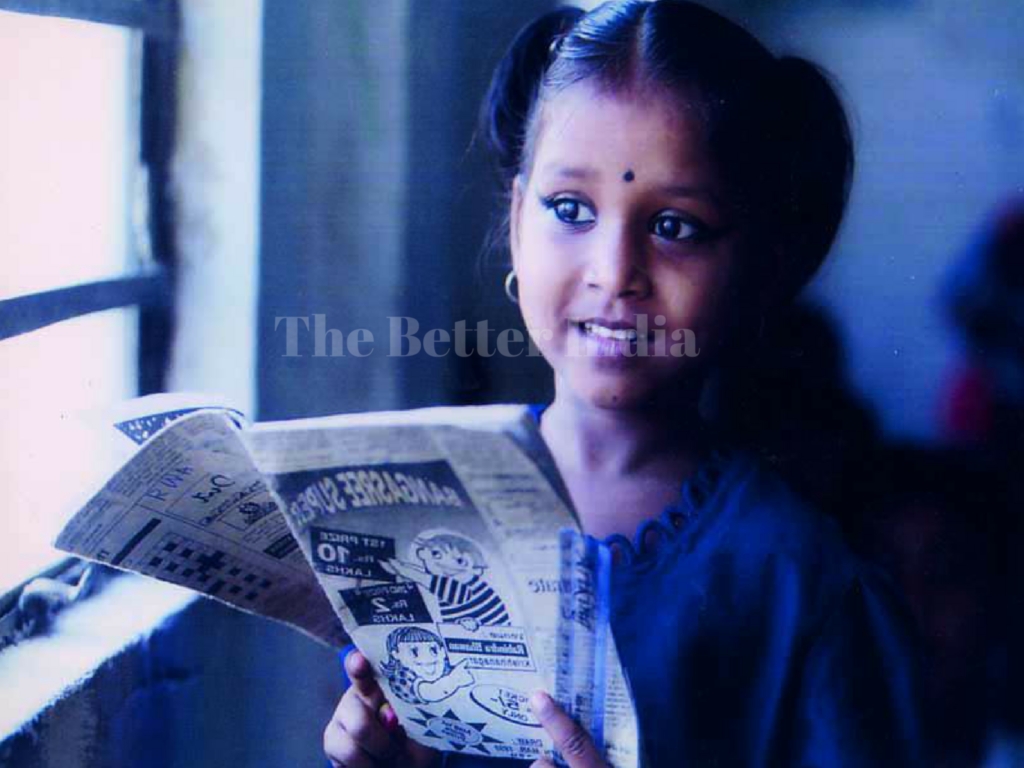
GPower, which is still in the initial phase, currently works with 6,977 families in about 20 villages of West Bengal, with the help of 4 CFs who are selected from the community. CINI wants to expand the scope of GPower’s work but the lack of financial support has prevented the initiative from reaching out to more.
“In the future, we want to give these tablets to the girls so that they can track their level of vulnerability themselves and take appropriate measures on time,” says Indrani.
To know more about the organization’s work, check out GPower’s website.
* Name changed
Like this story? Or have something to share? Write to us: [email protected], or connect with us on Facebook and Twitter (@thebetterindia).
This story made me
- 97
- 121
- 89
- 167
Tell Us More
We bring stories straight from the heart of India, to inspire millions and create a wave of impact. Our positive movement is growing bigger everyday, and we would love for you to join it.
Please contribute whatever you can, every little penny helps our team in bringing you more stories that support dreams and spread hope.








